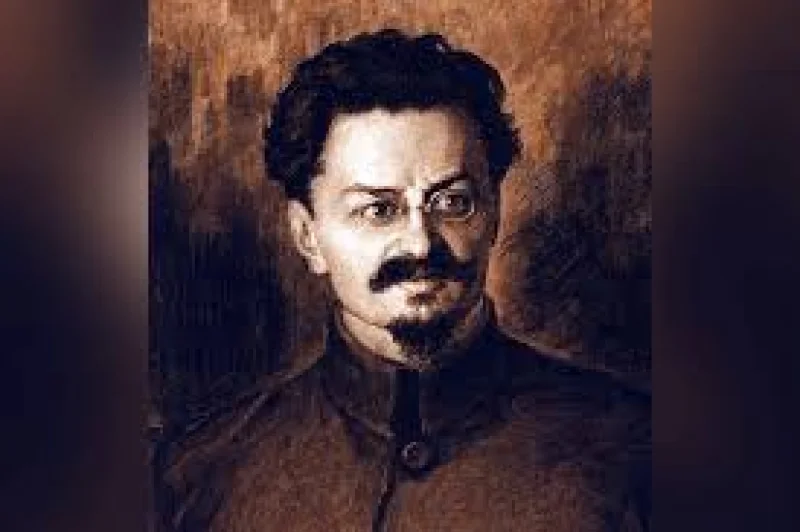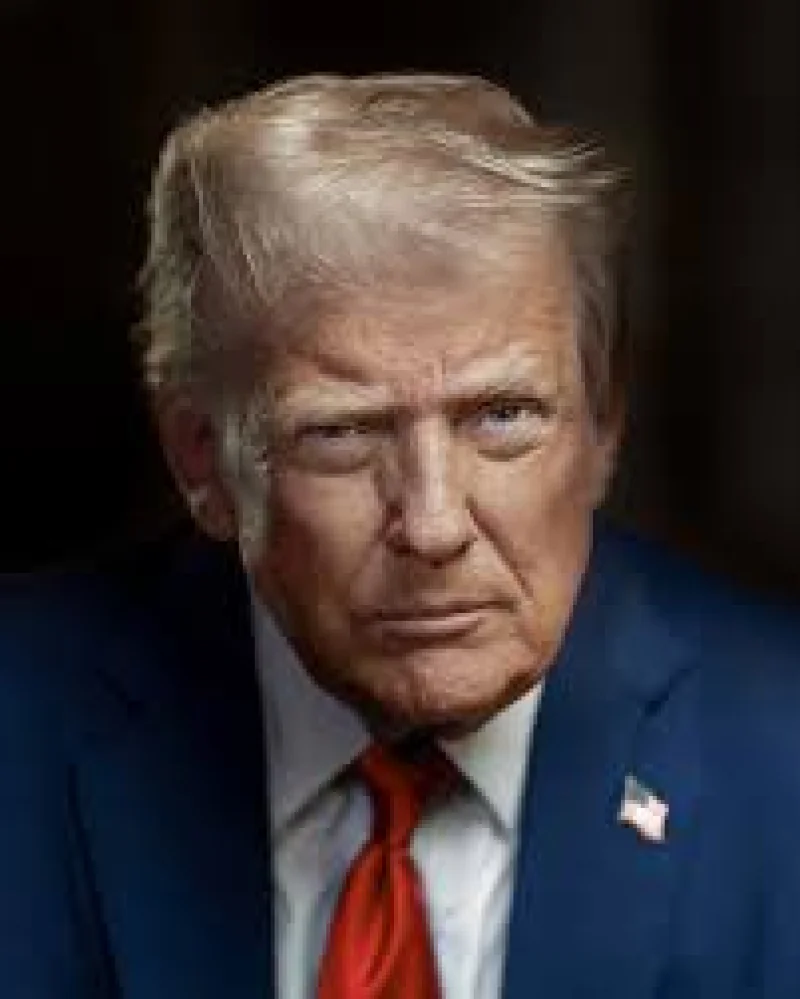Short Summary
Leon Trotsky was a Russian revolutionary leader and a key figure in the Bolshevik Revolution of 1917. He played a significant role in the early Soviet government and was instrumental in building the Red Army. Despite his contributions, he fell out of favor with Joseph Stalin and was expelled from the Communist Party, leading to his eventual exile. Trotsky is renowned for his theoretical contributions to Marxism and his enduring influence on revolutionary socialist movements worldwide.
Early Life & Education
Leon Trotsky was born Lev Davidovich Bronstein on November 7, 1879, in Yanovka, then part of the Russian Empire. He was the fifth child of a prosperous Jewish farmer. Trotsky showed early intellectual promise, excelling in his studies and developing a keen interest in revolutionary ideas during his teenage years. He attended a school in Odessa and later moved to Nikolayev, where he became involved with political activism. In 1898, Trotsky was arrested for his revolutionary activities and spent two years in prison, during which he studied Marxist literature extensively.
Career Highlights
Trotsky emerged as a prominent revolutionary leader during the early 20th century. He played a crucial role in the 1905 Russian Revolution and became a leading figure in the Russian Social Democratic Labour Party. In 1917, he joined the Bolshevik Party, contributing significantly to the success of the October Revolution. As the People's Commissar for Military and Naval Affairs, he organized and directed the Red Army during the Russian Civil War. Despite his achievements, Trotsky was ousted from power by Stalin in the late 1920s and spent the rest of his life in exile, continuing his opposition to Stalinist policies.
Major Achievements
- Co-founder of the Red Army: Played a pivotal role in organizing and leading the Red Army during the Russian Civil War.
- Theoretical contributions to Marxism: Developed the theory of Permanent Revolution and critiqued Stalinist policies.
- Key figure in the 1917 Bolshevik Revolution: Instrumental in planning and executing the October Revolution.
Famous Quotes
- "The end may justify the means as long as there is something that justifies the end."
- "Life is not an easy matter… You cannot live through it without falling into frustration and cynicism unless you have before you a great idea which raises you above personal misery, above weakness, above all kinds of perfidy and baseness."
Interesting Facts
- Trotsky was originally named Lev Bronstein but adopted the pseudonym "Trotsky" in 1902 during his escape from Siberia.
- He was assassinated in Mexico in 1940 by a Soviet agent, marking the culmination of Stalin's campaign against him.
- Despite being exiled, he continued to write extensively, producing numerous works on revolutionary theory and practice.
Legacy / Influence
Leon Trotsky's legacy endures through his theoretical contributions to Marxism and his role in shaping Soviet history. His ideas influenced various socialist movements and continue to be studied by political theorists and historians. Despite his expulsion, Trotskyism remains a significant strand of Marxist thought, advocating for international revolution and critiquing bureaucratic authoritarianism.
FAQ
Q: Why is Leon Trotsky famous?
A: Because of his role in the Bolshevik Revolution, leadership of the Red Army, and contributions to Marxist theory.
Q: What was Trotsky's theory of Permanent Revolution?
A: It posited that socialist revolutions could occur in less developed countries, sparking international revolutionary movements.
Q: How did Trotsky die?
A: He was assassinated by a Soviet agent with an ice axe in Mexico in 1940.
Q: What was Trotsky's relationship with Stalin?
A: They were political rivals, and Stalin orchestrated Trotsky's expulsion from the Soviet Union and eventual assassination.









